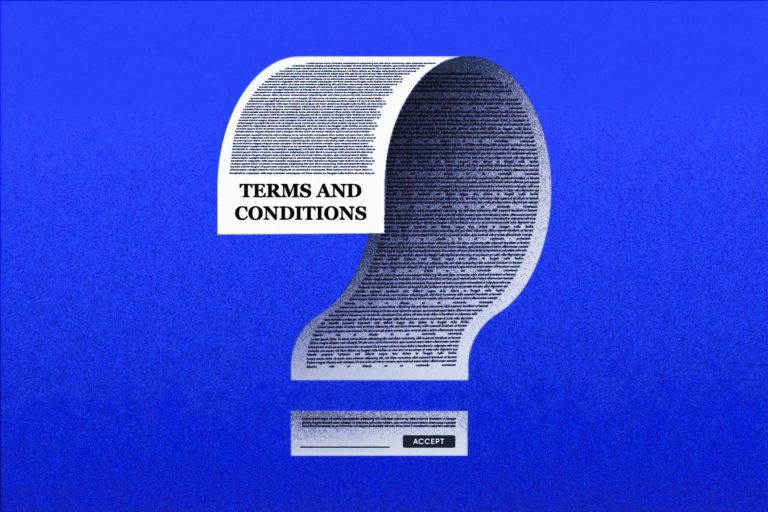
Estate Planning Basics You Need to Know
The key reason for estate planning is to create a plan directing where your assets will go after you die. The ultimate goal is for wealth and real property to be given to the people or organizations you wish, while minimizing taxes, so beneficiaries can keep more of your wealth. However, good estate planning also reduces family arguments, protects minor children and provides a roadmap for end-of-life decisions, says the article “What is estate planning?” from Bankrate.
Whenever you’ve opened a checking and savings account, retirement account or purchased life insurance, you’ve been asked to provide the name of a beneficiary for the account. This person (or persons) will receive these assets directly upon your passing. You can have multiple beneficiaries, but you should always have contingent beneficiaries, in case something happens to your primary beneficiaries. Named beneficiaries always supersede any declarations in your will, so you want to make sure any account that permits a beneficiary has at least one and update them as you go through the inevitable changes of life.
A last will and testament is a key document in your estate plan. It directs the distribution of assets that are not distributed through otherwise designated beneficiaries. Property you own jointly, typically but not always with a spouse, passes to the surviving owner(s). An executor you name in your will is appointed by the court to take care of carrying out your instructions in the will. Choose the executor carefully—he or she will have a lot to take care of, including the probate of your will.
Probate is the process of having a court review your estate plan and approve it. It can be challenging and depending upon where you live and how complicated your estate is, could take six months to two years to complete. It can also be expensive, with court fees determined by the size of the estate.
Many people use trusts to minimize how much of their estate goes through probate and to minimize estate taxes. Assets that are distributed through trusts are also private, unlike probate documents, which become public documents and can be seen by anyone from nosy relatives to salespeople to thieves and scammers.
Trusts can be complex, but they don’t have to be. Trusts can also offer a much greater level of control over how assets are distributed. For instance, a spendthrift trust is used when an heir is not good with handling money. A trustee distributes assets, and a timeframe or specific requirements can be set before any funds are distributed.
Living wills are also part of an estate plan. These are documents used to give another person the ability to make decisions on your behalf, if you become incapacitated or if decisions need to be made concerning end-of-life care.
An estate plan can help prevent family fights over who gets what. Arguments over sentimental items, or someone wanting to make a grab for cash can create fractures that last for generations. A properly prepared estate plan makes your wishes clear, lessening the reasons for squabbles during a difficult period.
Protecting minor children and heirs is another important reason to have a well thought out estate plan. Your last will and testament is used to nominate a guardian for minor children and can also be used to direct who will be in charge of any assets left for the children’s care.
Reference: Bankrate (Aug. 3, 2020) “What is estate planning?”


